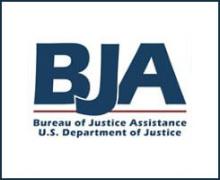Law enforcement
Emergency Federal Law Enforcement Assistance (EFLEA) Program
This program assists state and/or local government units in responding to extraordinary law enforcement emergencies by authorizing the U.S. Attorney General to grant funding to help alleviate the costs incurred by law enforcement agencies in responding to emergency law enforcement challenges.




